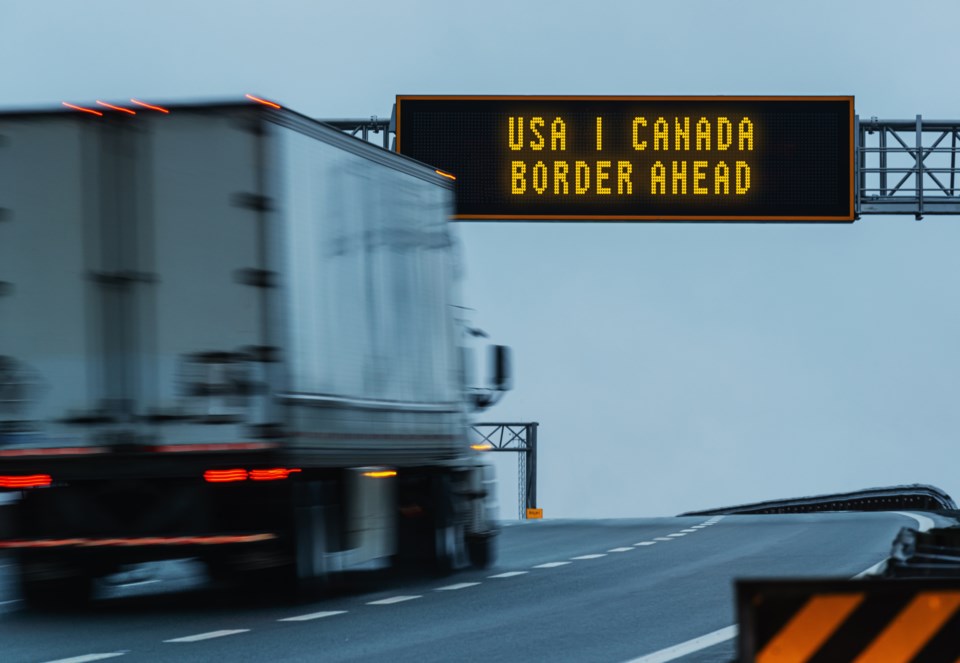
News
October 11, 2025
Opinion: Travelling to the U.S.? How the government shutdown will impact tourism
How the U.S. government shutdown could ripple across tourism and travel.
A potential U.S. government shutdown looms, and its impact could extend far beyond Washington D.C., potentially disrupting travel plans and impacting the tourism industry across the nation. While the immediate effects might not be obvious to every visitor, a closer look reveals several ways the shutdown could ripple through the tourism sector.
One of the most immediate concerns for international travelers is the potential for delays and reduced services at U.S. ports of entry. Customs and Border Protection (CBP) officers, considered essential personnel, would likely remain on duty. However, a shutdown could lead to staffing shortages, slowing down processing times for passport control and customs inspections at airports and border crossings. This could result in longer lines and increased wait times for arriving tourists, potentially putting a damper on the start of their vacations.
Beyond border control, the shutdown could significantly impact national parks and other federally managed tourist destinations. Past shutdowns have seen national parks close entirely or operate with severely limited services. This means potential closures of visitor centers, restrooms, and even access roads, making it difficult or impossible for tourists to enjoy these natural treasures. Even if parks remain technically "open," reduced staffing can lead to a decline in maintenance and safety, potentially creating a less enjoyable and even hazardous experience for visitors.
Furthermore, services provided by federal agencies that support the tourism industry could be affected. This includes data collection and analysis used by businesses to understand travel trends and marketing effectiveness, as well as grant programs that support tourism infrastructure development. A shutdown could delay or halt these activities, potentially hindering the industry's ability to plan for the future and maintain high-quality services.
The potential for uncertainty surrounding these issues can also have a chilling effect on travel planning. Tourists might hesitate to book trips to the U.S. if they are unsure whether their desired destinations will be open or if they will face significant delays and inconveniences. This uncertainty can lead to a decline in tourism revenue, impacting businesses that rely on visitor spending, such as hotels, restaurants, and tour operators.
While the full extent of the impact remains to be seen, a U.S. government shutdown poses a clear threat to the tourism industry and the travel experience for both domestic and international visitors. It serves as a reminder of the far-reaching consequences of political gridlock and the importance of stable government operations for a thriving tourism sector.
One of the most immediate concerns for international travelers is the potential for delays and reduced services at U.S. ports of entry. Customs and Border Protection (CBP) officers, considered essential personnel, would likely remain on duty. However, a shutdown could lead to staffing shortages, slowing down processing times for passport control and customs inspections at airports and border crossings. This could result in longer lines and increased wait times for arriving tourists, potentially putting a damper on the start of their vacations.
Beyond border control, the shutdown could significantly impact national parks and other federally managed tourist destinations. Past shutdowns have seen national parks close entirely or operate with severely limited services. This means potential closures of visitor centers, restrooms, and even access roads, making it difficult or impossible for tourists to enjoy these natural treasures. Even if parks remain technically "open," reduced staffing can lead to a decline in maintenance and safety, potentially creating a less enjoyable and even hazardous experience for visitors.
Furthermore, services provided by federal agencies that support the tourism industry could be affected. This includes data collection and analysis used by businesses to understand travel trends and marketing effectiveness, as well as grant programs that support tourism infrastructure development. A shutdown could delay or halt these activities, potentially hindering the industry's ability to plan for the future and maintain high-quality services.
The potential for uncertainty surrounding these issues can also have a chilling effect on travel planning. Tourists might hesitate to book trips to the U.S. if they are unsure whether their desired destinations will be open or if they will face significant delays and inconveniences. This uncertainty can lead to a decline in tourism revenue, impacting businesses that rely on visitor spending, such as hotels, restaurants, and tour operators.
While the full extent of the impact remains to be seen, a U.S. government shutdown poses a clear threat to the tourism industry and the travel experience for both domestic and international visitors. It serves as a reminder of the far-reaching consequences of political gridlock and the importance of stable government operations for a thriving tourism sector.
Category:
Politics